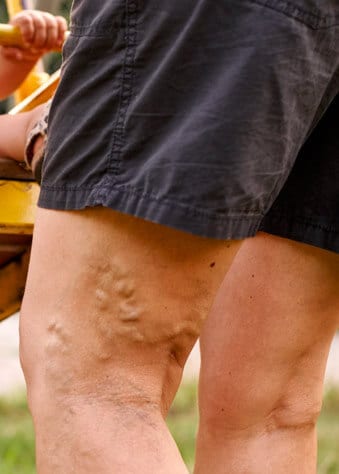- Our Practice
- Veins
- Aesthetics
- Before & After
- Patient Resources
- Contact Us
Meet Dr. Robert Cutchen
In 2009, Dr. Cutchen founded Albuquerque Vein & Laser Institute, a clinic dedicated solely to the diagnosis and treatment of venous disease. His goal was to provide the most advanced diagnostic and treatment options all in the comfort of his office without the need for hospitalization. Our goal is to treat every patient the way we ourselves would hope to be treated.
Let us help you diagnose and treat your venous conditions.
On this page, discover various venous concerns and their treatment options.
Learn More
Do you have any skin-related cosmetic concerns? We can help! Discover facial rejuvenation at Albuquerque Vein & Laser Institute.
Vein Treatments
We provide our patients with the most advanced and comprehensive vein treatments. See the difference between before and after.
Aesthetic Treatments
We utilize the power of advanced laser technology to treat a multitude of cosmetic concerns. See what a difference our treatments can make.

Discover our FAQ pages to find your answers. If you still have a question, please call us at (505) 848-8346 and we will be happy to assist you.





